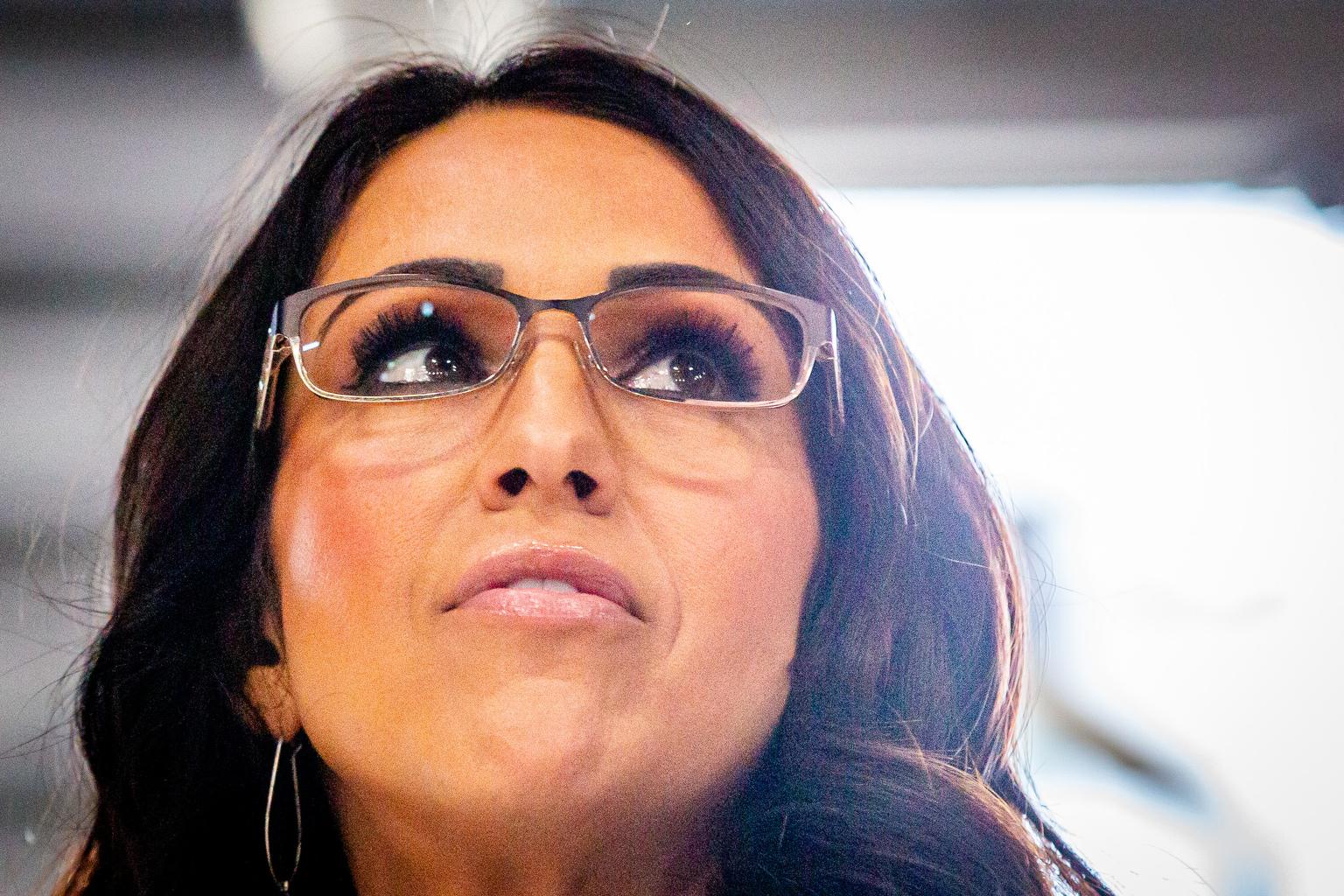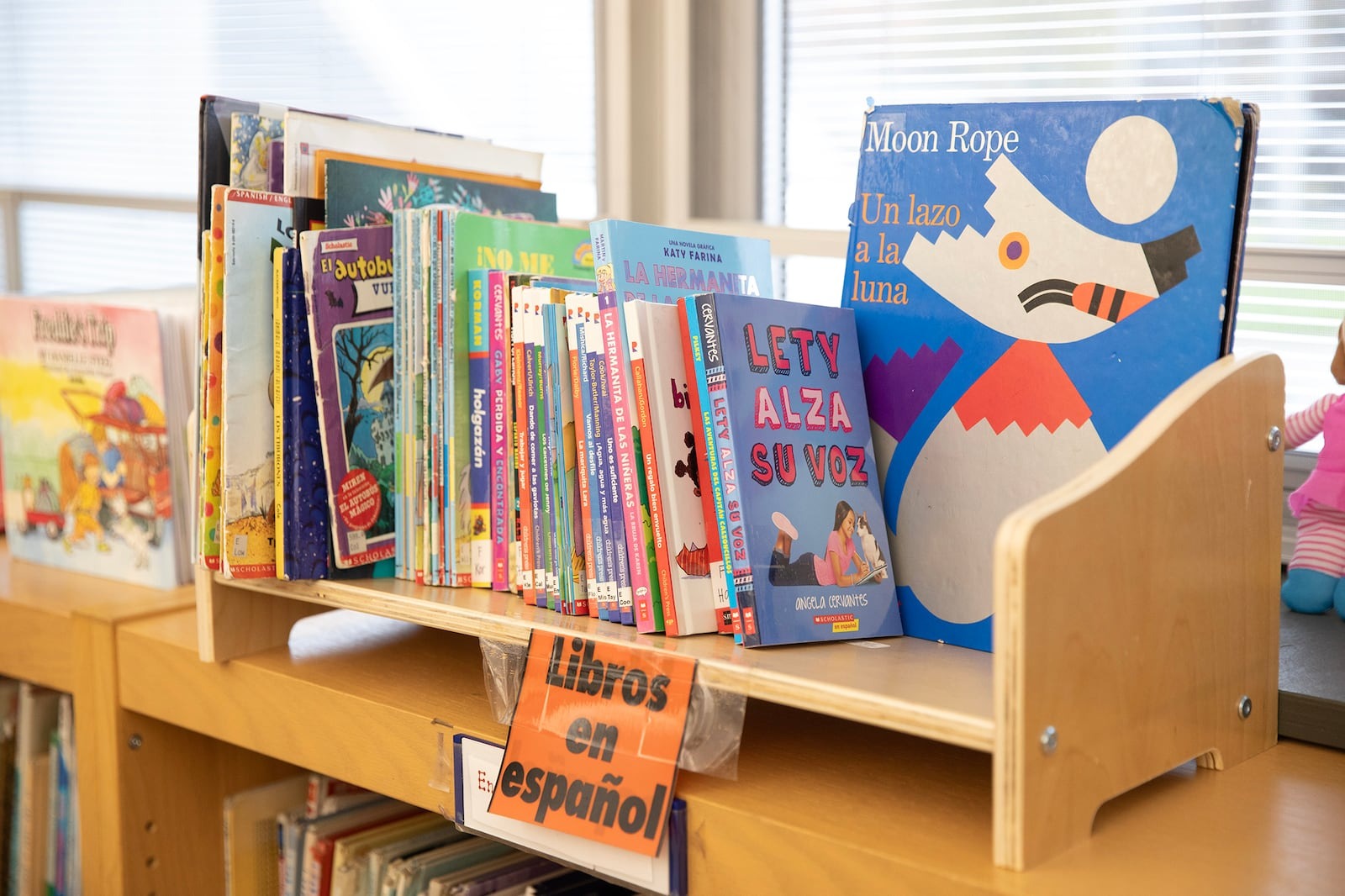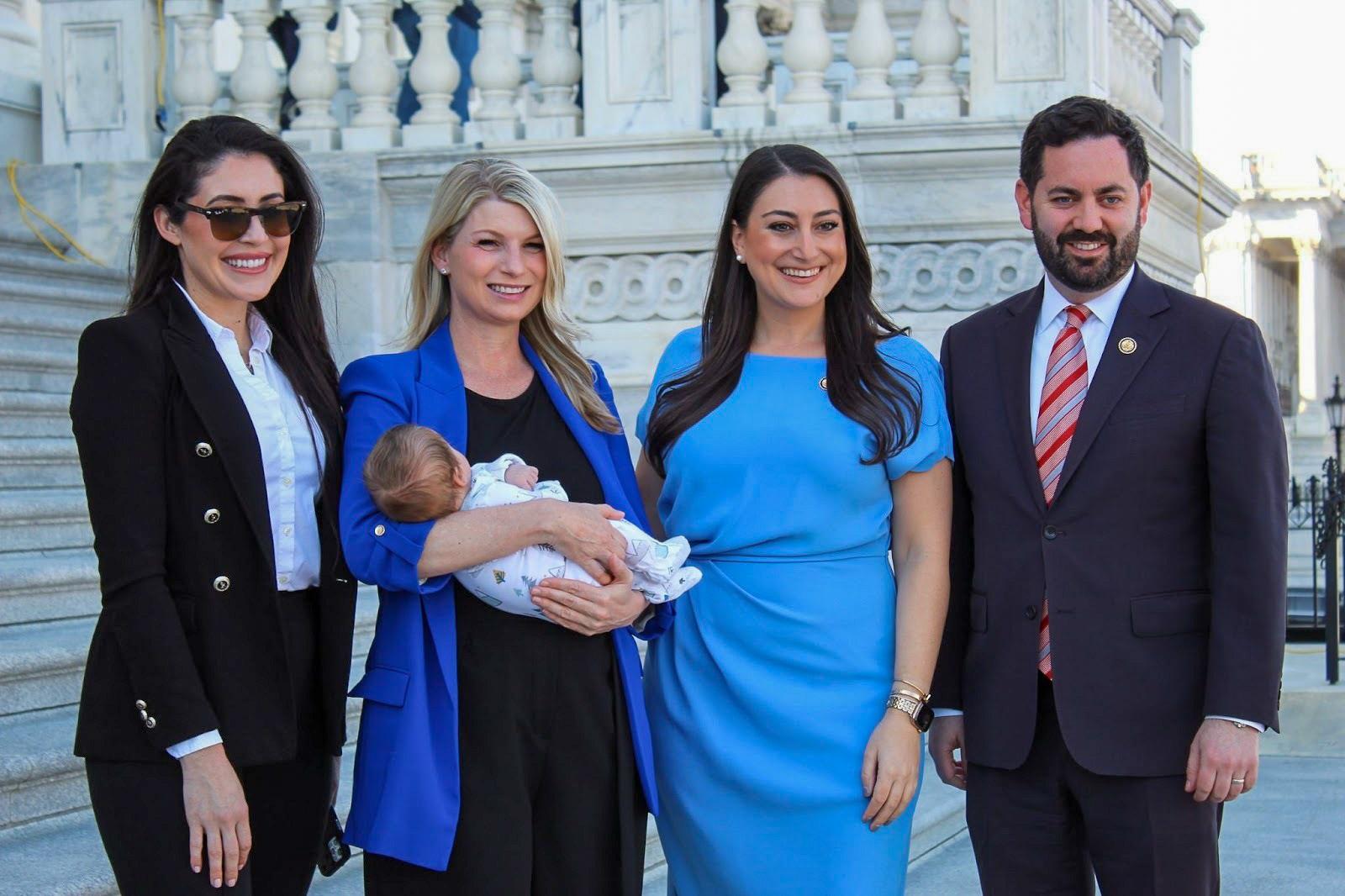

A few years back my friends started becoming grandparents. It was fun to watch from a distance, but it was not something I longed to be. It felt as though my youngest kids had just flown the nest and honestly, the last thing I could imagine enjoying was the care and feeding of a newborn or chasing a toddler around. I was ready for some middle-aged autonomy.
Now, more often than not, I find myself among doting grandmas as dizzy with love for their grand-progeny as I was for my first boyfriend. Their smart phones are jammed with pictures of the newest born. Their eyes sparkle and they get a little daffy when they recount time with the little ones. Inevitably the talk turns to how insanely they adore these kids. They share a knowingness about their unreasonable affection.
Baby Boomers all, even as grandparents they are among the anointed self-determined, doing it their way. They bring communication skills to the job. They know how much distance to maintain and when to intervene. They wholeheartedly agree that this is the crowning glory of life in the middle distance.
I am glad for them, and glad for their children and grandchildren. Yet increasingly, I am growing uncomfortable with the implied notion that because I am not a grandparent I am somehow missing out on an essential life experience.
Recently this came to a head when my own mother, my children’s grandmother, in a telephone conversation, chirped on and on about a recent visit with my brother during which they spent two days rhapsodizing over the miracle of grandparenting. My brother had recently had a granddaughter named after him.
“Some day you’ll know exactly what we’re talking about,” my mother said. “You’ll be as bad as we are.”
“I hope not,” I said, seeing at that moment the exclusion and bias inherent in this blissful haze of ideal grandparenting. The last message I ever hope to impart to my children is that they must have children to fulfill some fantasy of mine. The only message I hope they get from me is that I love them as they are, whether or not they ever make me a grandmother.
What must it be like for women who opted not to have children or who were in relationships that didn’t yield children? Are they bombarded with this cultural message that they will somehow be less complete because they will not be grandmothers? What about women with disabled children, who absolutely know that there will not be a next generation of babies in their family?
The truth is that neither our children nor our grandchildren are ours. If we’re lucky, they grow into generous adults who continue to share their lives with us. If we’re lucky, they will find meaning in their lives as adults in this fractured world, and whether they choose to pro-create or not is strictly their choice.
It’s easy to forget that it was not always so, that we girls of the early Baby Boomer generation grew up understanding that we would have children, not that this was a choice to be made. Then came Erica Jong and Gloria Steinem teaching us that we were more than our wombs and Betty Friedan and Germaine Greer teaching us that we’d been sold a bill of goods that didn’t advance the possibility of our becoming contributing members of society. We believed them and we taught our daughters better.
Still, there persists a notion that without children and, by extension, grandchildren, life is something less than, that genuine meaning can’t be found elsewhere.
Maybe, instead of treating grandparenting like an invitation to an exclusive party we should broaden the definition to include mentoring young neighbors who need an older adult present in their lives, or helping out some of the grandparents whose estimated eight million grandkids live in their households. Maybe remember that for many Boomers, as in previous generations, grandparenting is simply what you do when you have to and it’s hard work.
I love seeing grandparents walking their grandkids to school down my street every morning, and I am awed by what I know they bring to those children’s lives. I am awed by the knowledge that my children’s grandmother is still the planet around which they and I rotate, our family’s center of gravity.
I also know that we are each our own planet, creating our own center of gravity for all that orbits us. For some of us, that’s grandchildren, and for some of us, it’s not. It’s neither better nor worse, it’s just the way the world turns.
Kathryn Eastburn is the author of A Sacred Feast: Reflections of Sacred Harp Singing and Dinner on the Ground, and Simon Says: A True Story of Boys, Guns and Murder in the Rocky Mountain West. You can comment and read or listen to this column again at The Big Something at KRCC.org. “The Middle Distance” is published every Friday on The Big Something and airs each Saturday at 1 p.m. right after This American Life.







